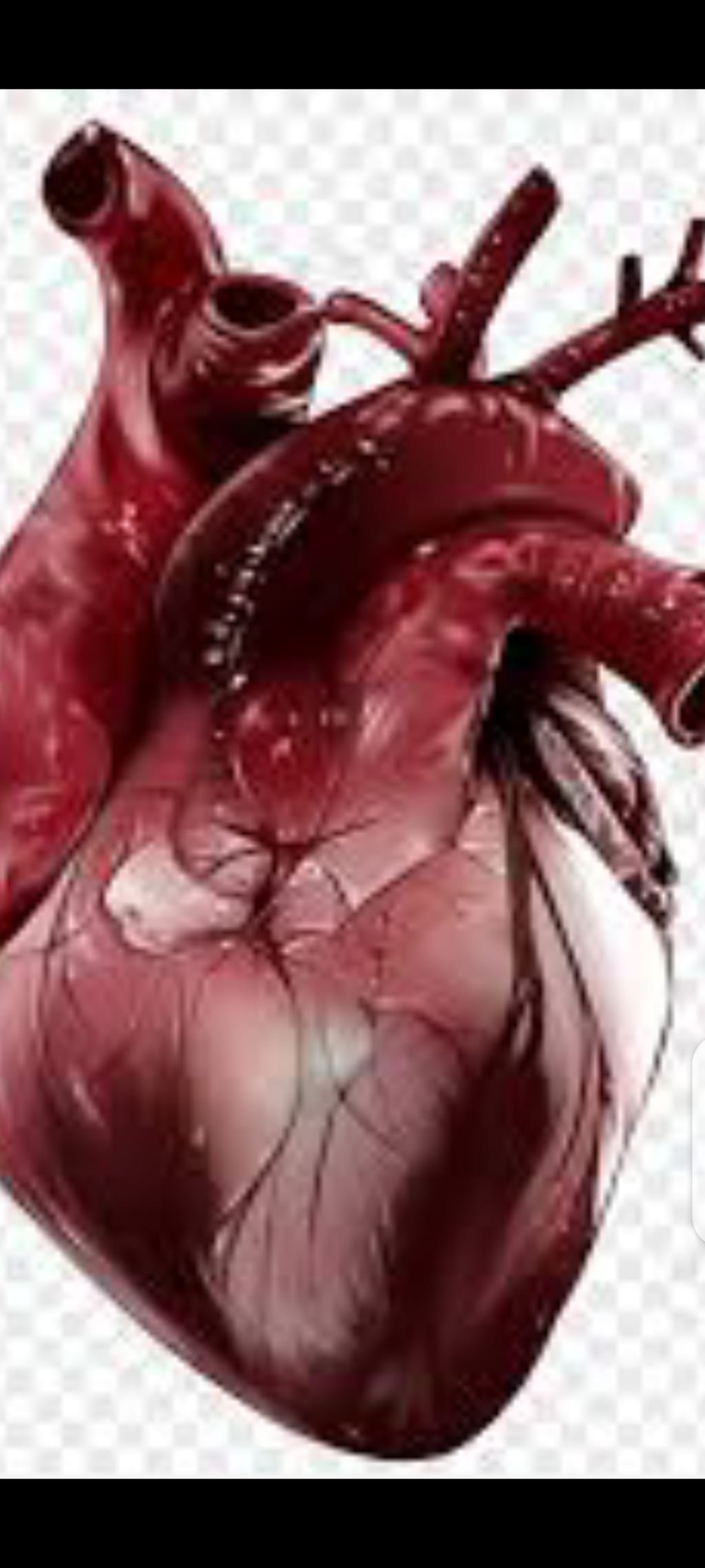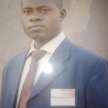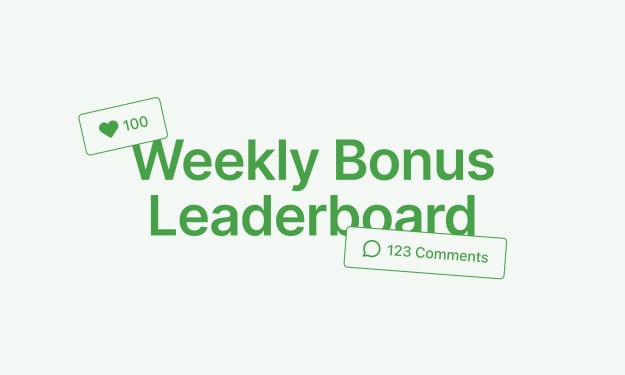
Cardiac arrest, heart attack, and heart failure all refer to a serious health crisis of the heart. However, all three have very different causes and treatments. In the most common cause of sudden death, the two main pumping chambers of the heart just stop pumping. Here's the heart pumping blood around the body. Working normally. The two top chambers of the heart, the atria, collect blood that is coming in from the lungs and the rest of the body.
The atria pump blood down into the two bottom chambers, the ventricles. The bigger and more powerful ventricles pump blood to the entire body. As long as the ventricles pump all the blood the body needs, the body's happy. Sometimes, however, the ventricles just stop pumping. It's a condition called a systole. More often, the ventricles start quivering. They look just like a bag of wriggling worms. They don't accomplish anything. They don't pump blood. This is called ventricular fibrillation. Often, ventricular fibrillation begins with the ventricles suddenly pumping very fast, two to four times faster than normal. This is called ventricular tachycardia.
Blood is still circulating. But if ventricular tachycardia turns into ventricular fibrillation, the heart no longer pumps. If the heart stops pumping for more than several minutes, a person dies. Fortunately, the heart sometimes can be started up again. A heart attack is almost always caused by a ferrosclerotic plaque, a buildup of cholesterol in the artery walls that blocks blood flow through the coronary arteries. Take a look at this spot. Right at that spot inside that coronary artery, a plaque is threatening to block the blood supply to a part of the heart. Here's what causes most heart attacks.
We are looking at a coronary artery. Here's a fairly small cholesterol filled plaque. It's not interfering with blood flow much at all, so it's not causing any symptoms. Here is the pool of cholesterol inside the plaque. And this is a fibrous cap that grows over the plaque and holds the cholesterol inside. Sometimes, inflammation inside the plaque weakens the fibrous cap. Suddenly, the cap breaks.
When that happens, the cholesterol inside spills out into the artery. A blood clot forms. Where the cap has ruptured, the clot plugs the artery and stops the blood flow. The part of the heart that normally gets blood from the arteries suddenly loses its blood supply. Unless blood flow is restored, the heart muscle can die and no longer pump. Effectively, heart failure occurs when either the left or right side of the heart doesn't work properly. When the left side of the heart isn't working like it should, blood gets backed up in the lungs. This makes you short of breath. Also, not enough oxygen rich blood is getting to the body. This causes fatigue.
People describe it as a crushing pain, feeling like an elephant is sitting on their chest or like something is just really, really weighing down on them. It can be in the center of the chest or it can be to the left of the chest. So chest pain is a common warning sign of a heart attack you don't want to ignore.
. Number one heart palpitation. Another warning sign or a symptom of a heart attack can be a racing heart or an irregular heartbeat. If you are all of a sudden. Experiencing an irregular heartbeat and your heart is just pounding, pounding, pounding, this could be a warning sign of a heart attack that you should not ignore. getting proper oxygenation to your brain and you can develop.
About the Creator
Enjoyed the story? Support the Creator.
Subscribe for free to receive all their stories in your feed. You could also pledge your support or give them a one-off tip, letting them know you appreciate their work.






Comments (1)
Thank you sir for this